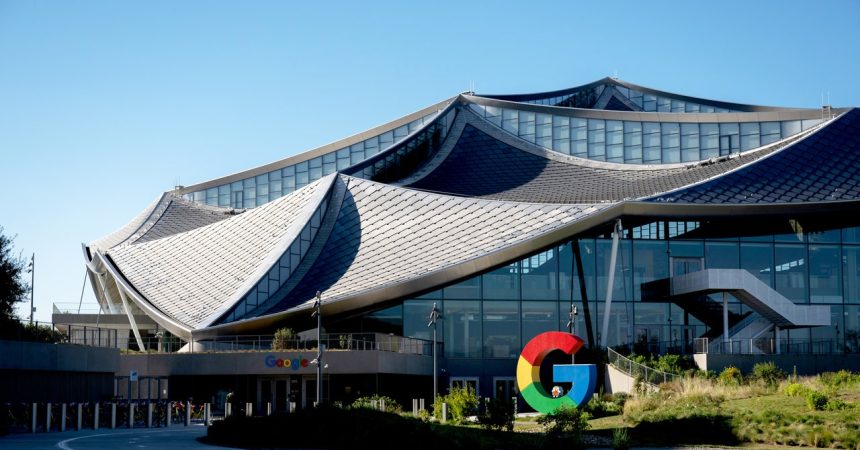Google’s overhauled AI principles mark a significant shift from its previous stance on responsible AI development. Originally established in 2018 amidst internal dissent over the company’s involvement in a military drone program, the initial principles explicitly prohibited Google from developing AI for weapons, certain surveillance technologies, and applications that could undermine human rights. These commitments, born from a desire to address ethical concerns and maintain public trust, served as a guidepost for Google’s foray into the burgeoning field of artificial intelligence. However, a recent announcement reveals a departure from these definitive prohibitions, replacing them with a more flexible framework that emphasizes mitigation and collaboration rather than outright restriction.
The updated principles, while still referencing international law and human rights, no longer present a list of banned applications. Instead, Google now commits to implementing “appropriate human oversight, due diligence, and feedback mechanisms” to ensure its AI endeavors align with user goals, social responsibility, and broadly accepted legal and ethical standards. This shift reflects a move away from specific prohibitions towards a more nuanced approach that prioritizes mitigating potential harms and adapting to the rapidly evolving AI landscape. The company’s justification for this change cites the increasing prevalence of AI, evolving societal standards, and the ongoing geopolitical discourse surrounding the technology.
This transition signals a move away from a preventative approach to a more reactive one, raising questions about Google’s commitment to preemptively addressing the ethical challenges posed by AI. Whereas the prior principles sought to avoid certain controversial applications altogether, the revised framework focuses on managing potential negative consequences as they arise. This change could be interpreted as a pragmatic response to the complexities of regulating a rapidly developing technology, but it also raises concerns about the potential for harm to occur before mitigation strategies can be effectively deployed.
Google executives James Manyika and Demis Hassabis frame the revised principles as a call for democratic leadership in AI development, emphasizing the importance of values such as freedom, equality, and respect for human rights. They advocate for collaboration between companies, governments, and organizations to create AI that serves humanity while supporting national security and global growth. This rhetoric positions Google as a champion for responsible AI development within a broader international context, emphasizing the need for shared values and cooperative efforts to navigate the complex implications of this transformative technology.
The removal of phrases like “be socially beneficial” and “maintain scientific excellence” from the company’s stated goals, coupled with the addition of “respecting intellectual property rights,” suggests a shift in priorities. While social benefit remains implicit in their emphasis on human rights and responsible development, the explicit mention of intellectual property rights points to a growing awareness of the commercial and competitive aspects of the AI landscape. This could be interpreted as a strategic move to protect Google’s investments in AI research and development while simultaneously positioning itself as a responsible player in the global AI arena.
The timing of these changes, coinciding with a period of renewed focus on social and political issues, raises questions about the underlying motivations. While Google claims the revisions have been long in the making, the shift away from specific prohibitions toward a more adaptable framework raises concerns about the potential for these principles to be swayed by external pressures. The revised principles offer greater flexibility for interpretation and application, which while potentially beneficial for adapting to evolving circumstances, also creates room for ambiguity and potential exploitation. This necessitates careful scrutiny and ongoing evaluation to ensure that Google’s commitment to responsible AI development remains steadfast in the face of competing interests and evolving societal expectations.



